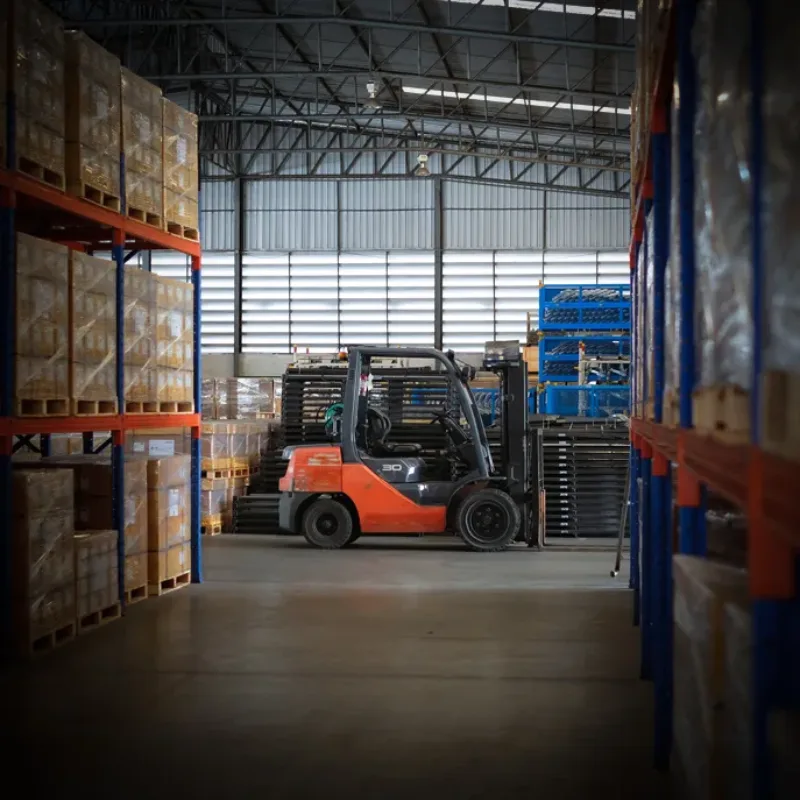If managing large quantities of wood, most manufacturing facilities will have a truck scale on site to weigh trucks on arrival. As well as helping to determine that suppliers are charging the correct weight, weighing on arrival supports inventory control processes and allows site managers to order raw product when required. For sites that don’t have truck scales, weighing incoming goods using deck scales or forklift scales can also provide accurate weight data.
Scales and weighing systems for manufacturing wood products.
The U.S. lumber and wood manufacturing industry covers everything from the wood used in construction projects, including prefabricated buildings, sheds, doors, windows, and flooring, to the manufacture of furniture, containers, pallets and tools. Almost half of the wood used in the industry goes into chips, sawdust, and shavings to make pulp, paper, and fiberboard. With wood seen as a more sustainable solution than concrete, plastics, steel, or other materials, the industry is experiencing ongoing growth.
In order to operate as efficiently as possible, the wood manufacturing industry can use scales and weighing systems to measure incoming raw materials, control inventory, meet environmental reporting requirements, and monitor outgoing waste.
Raw wood is often weighed before and after drying. This allows manufacturers to determine the moisture content and density of the wood, which is critical for ensuring the wood is fit for purpose before manufacturing process starts. Weighing wood to establish density and moisture content can help manufacturers avoid issues like warping, cracking, or decay, which can lead to product defects and reworks. Regular weighing checks, using floor and deck scales, ensure that the wood products meet the specified standards and consistency in quality. Weighing can also be used to weigh finished products and ensure that they meet specifications.
The wood manufacturing process creates a large volume of wood waste. Research suggests that nearly 63 million metric tons of waste wood material is generated in the manufacture, use, and disposal of solid wood products each year. With sustainability a focus for many industries, many wood manufacturers are embracing waste reduction initiatives, or opting to sell on waste wood products for further processing as sawdust, shavings for animal bedding, fuel, or pulp for the paper industry. Using scales and weighing equipment can help wood manufacturers to track waste streams and charge accurately for the sale of waste wood products.
In recent years, there has been lots of debate about sustainable timber and wood suppliers and the environmental impact of working with wood. As with many industries, the need to report against sustainability standards is becoming increasingly important. Using weighing equipment to monitor and record incoming raw materials, outputs and wastage can help to provide useful weight data for reporting and audit purposes.
Weighing is essential for calculating shipping costs, which are often based on weight. Having access to accurate weight data ensures fair pricing and helps to avoid over or undercharging. In addition, weighing goods is an important step in the transportation process, helping to ensure that vehicles are not overloaded.
Solutions for Manufacturing
Find a weighing equipment supplier near me
We work with a network of reliable and trusted distribution partners to ensure that we can offer a truly personal, local service, wherever you’re located.
















